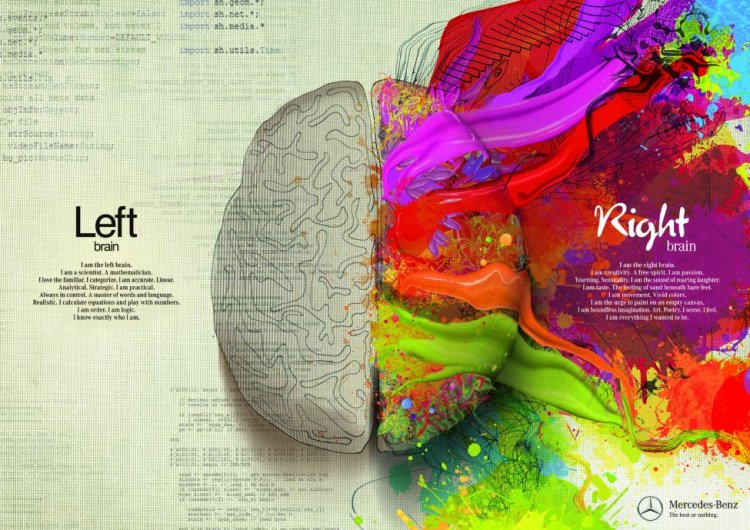How To Retain Your Most Creative Employees

There have already been plenty of articles written on the importance of creativity in the workforce. Assuming you buy into the importance of attracting creative types to your team, you will have an understanding of what to look for in hiring creative people. And then you will face the challenge of keeping these people on your team. I see this as a challenge because I don’t believe our typical individual performance metrics are well suited to measuring creative individuals.
Consider some of the common metrics used to assess individual employee performance: on-time task completion; task management; completion of specific goals; project management — all of these measures are heavily geared toward favoring individuals who have a natural ability to be well-organized, methodical and goal-oriented. Perhaps this describes your ideal employee.
Now think about the people on your team who you consider your most creative. How well do they score along these same dimensions? I’ll hazard a guess the answer is not so well. It’s been my experience that some of the most creative people I’ve worked with are also sometimes the most outwardly disorganized, least task-oriented people. In other words, these creative types would under-perform when measured using the typical individual performance measures. Some people in your organization might even judge a person’s abilities by the outward appearance of their workspace — they might reason that if they can’t keep their desk tidy, they must be disorganized and inefficient. In many cases creative employees under-perform when measured using traditional metrics.
And what do we do with under-performing employees? We manage them out of the organization. If you do this well, you may well end up with a very efficient team, which also lacks creativity. Even if you don’t manage creative employees out, they are not likely to get promoted. If that’s the case they are likely to be working for someone who is much more task-oriented than they are, and who potentially considers their lack of organization a sign of inefficiency, which results in so much conflict that your creative employee simply walks out.
Of course I’m painting a very black and white picture here; reality is not so simple. Even the definition of creativity is open to interpretation. And I’m sure there are many highly organized, task-oriented creative employees. But whatever your perspective on creativity, if you agree with the premise that typical employee performance metrics are not built to reward creative employees, how should they be changed? How do we build a high-performing team filled with both task-oriented doers and creative thinkers, where the creative employees receive the recognition they deserve?
Maybe we need to review individual performance metrics to ensure we reward creativity. As a leader, what you have found to be helpful in rewarding your creative employees? And if you are a creative employee, what do you find works as an effective measure of your own performance?
Next post: CX And An Ex-CIO
Previous post: Amy’s Baking Company Social Media Meltdown: The ABCs Of Social Media